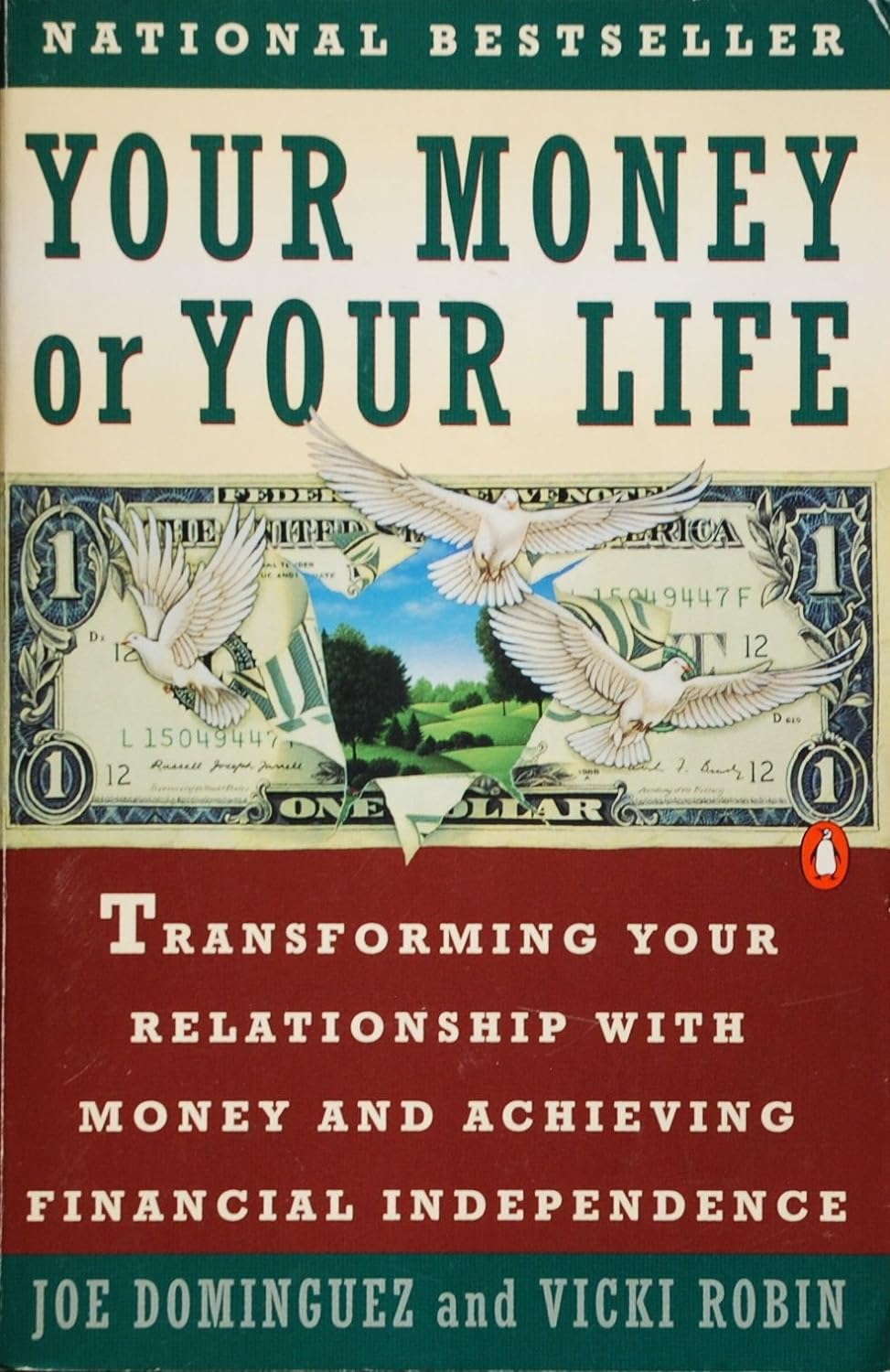A deep dive into the FIRE movement
In a world where financial stress feels like a burden, a growing number of people are captivated by the FIRE movement mindset.This movement has inspired individuals worldwide to rethink their approach to personnel finance, work, and life
In this article, I dive a bit deeper into the core principals, strategies, and controversies about the FIRE movement.
What is FIRE?
FIRE is the acronym for Financial Independence, Retire Early, and is a philosophy where you try to break free from traditional employment and achieve financial autonomy at an early age.Financial Independence is achieved when your passive income exceeds your expenses, liberating you from the need to rely on traditional employment.
Early Retirement doesn't necessarily mean a life of doing nothing, it rather means the freedom to pursue your dreams and passions (traveling, entrepreneurship, spending time with your children or loved ones, ...).
The roots of FIRE can be backtracked to the 1992 book 'Your money or your life' (V. Robin and J. Dominguez), in which the groundwork was laid for reimaging the relationship between work and life.

The principles of FIRE
You can narrow down the F.I.R.E. philosophy to 4 core principles.1. Frugality
They live very frugally for a few years (living cheap, not having the latest iPhone, no Starbucks, ...) to later enjoy the fruits of this lifestyle.
2. Savings Rate:
This disciplined approach accelerates wealth accumulation and shortens the timeline to financial independence.
3. Investments:
Through disciplined investing and compounding, wealth steadily grows over time.
4. Passive income & side hustles:
This extra income can come from passive income, side hustles, or freelance work.
These additional streams of income not only boost savings but also mitigate financial risk and increase resilience.
Strategies for FIRE success
1. The 4% rule
You have a 1.000.000$ portfolio, the 4% rule says you can withdraw 40.000$ from it the first year. This leaves you with 9.600.000$. If you have a 5% yield on your investments, you end with 1.080.000$. But this does not take into consideration inflation, raising costs, ... .
2. Tax optimization
Strategies such as using retirement accounts, tax-lost harvesting, and capital gain optimization, ... help minimize tax liabilities and preserve wealth over the long term.
3. Geographic arbitrage
By relocating to areas that have cheaper costs of living, savings can be stretched further and financial independence can be achieved earlier.
I think I am a good example of this, although I did move to Bali out of love (see About me). I am in a good position to say that life is cheaper here than in Belgium. Not only cheaper but also so much better. Best decision I ever made in my life.
But before you move to the other side of the world, do your research first (are you allowed to work there, what about taxes, health insurance, ...)
Challenges and controversies
The FIRE movement isn't without its controversies and challenges. Critics often raise concerns about the feasibility and sustainability of early retirement.1. Unrealistic expectations
Such a hard saving regime may sound feasible but you have to stick to it month after month, for years. What if something unforeseen happens? Like a medical emergency or a source of passive income dries up?
2. Sacrificing quality of life
Saving 50% (or more) of your income means that you have yourself from many 'fancy' things in life: not going out, no smoking, no restaurants, no new iPhone, ... . You only spend money on the bare minimum to survive.
3. Market volatility
A drop in the market or unexpected expenses could derail the retirement plans and necessary adjustments to spending and/or withdrawal strategies.
The 4% rule works fine in normal economic conditions but what if the inflation starts increasing to higher numbers? Life will become more expensive, and prices will rise 6-7% in a year, so you will have to withdraw more in a year than the 4%.
Conclusion
In my opinion, the path to FIRE may not be easy but its transformative potential is undeniable. The principles of financial independence can serve as a guiding light on your journey to a more secure and fulfilling life.FIRE makes us think about our values, our priorities, and aspirations. It prompts us to reflect on what is important in life: material stuff or having a stressless future? It is like suffering for 10 years to enjoy the rest of your life. But is it worth to sacrifice the best years of your your life trying to get an uncertain future where you don't have to think of generating money?
People in the FIRE movement get used to a very frugal lifestyle which becomes a habit, so they continue living this lifestyle when they retire.
Leave a reply

